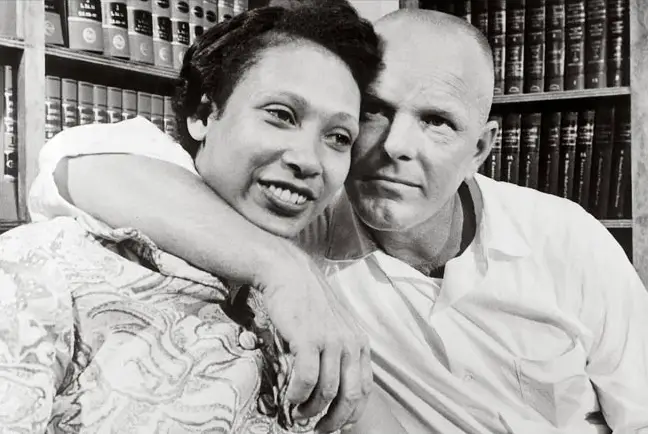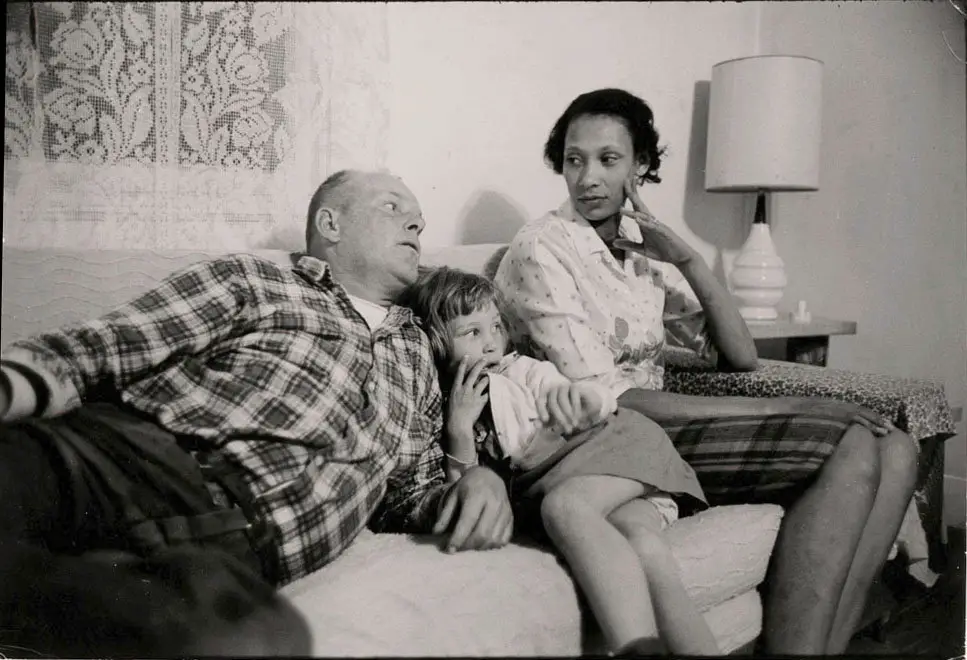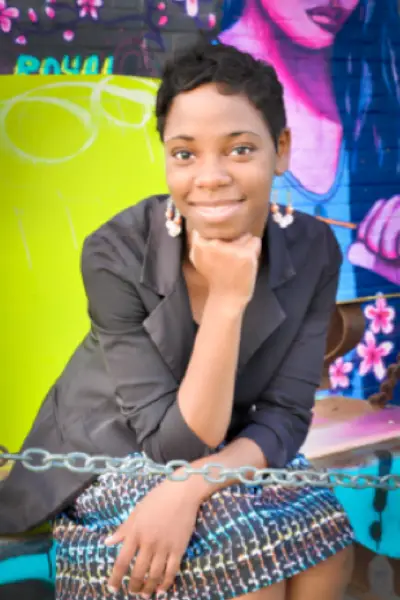That Lovings Feeling
The real couple behind the film helped legalize interracial marriage, and are an inspiration in this politically divisive climate.
By Zephanie Battle, Texas State University
Think about it: Would your parents be in favor of your decision to date outside of your race?
How would you feel if someone told you who you could and couldn’t talk to, date or even marry?
Now think some more. Have you ever looked at a couple of two different races and wondered why they might be together?
This year has been known for its many accounts of racial discrimination, especially during the presidential election, and so in response, people of all ethnicities are trying to show how much they accept and love one another. However, this cooperative, “Heal the World” way of living has not always been practiced.

Back in the heavily segregated days of the 1960s, civil rights leaders were fighting to stem prejudice against people of color. After years of protest, the dream of Martin Luther King Jr. was finally brought to fruition, as many positive laws were passed and negative ones were amended or erased. It seemed like eyes were being opened and minds were being changed, and people were realizing that the world would be a better place if everyone were equal.
Sadly, many Americans disagreed. At the time, 24 states still had laws that prohibited miscegenation, and one interracial Virginia couple in particular was having to endure the excruciatingly process of making the world see them for more than their skin color. The couple, whose surname was, fittingly, Loving, ended up being the individuals responsible for criminalizing anti-miscegenation laws.
Richard and Mildred Loving were married on July 11, 1958, in Washington, D.C., a state in which interracial marriage was legal. Their hometown of Caroline County, Virginia, however, was not so accepting. When the newlyweds returned to Virginia five weeks after being married, law enforcement burst into their bedroom, arrested them and brought them to trial in the Loving v. Virginia case (1967). The couple initially pleaded guilty to violating the state’s Racial Integrity Act; a local judge reportedly told them that if God had meant whites and blacks to mix, he would not have placed them on different continents. The Lovings were given a choice: Spend a year behind bars or leave Virginia for 25 years, giving them little-to-no chance of seeing their families. After a prolonged fight with the U.S. Supreme Court, the 14th Amendment helped the couple’s case, not only striking down Virginia’s anti-miscegenation laws, but all state laws prohibiting interracial marriage.
The Lovings became civil rights’ heroes, though only reluctantly. Nonetheless, decades after their Supreme Court case, the couple’s inspirational fight for love paved the way for many other biased laws to be outlawed, such as the criminalization of gay marriage. Mildred Loving even issued a statement toward this particular case in 2007, urging the U.S. Supreme Court to allow gay men and lesbians to marry. The Loving legacy has given people the opportunity to love who they see fit, including the right to marry.
Furthermore, the U.S. has changed considerably since the Lovings were taken to court. A Pew Research Center report noted that 12 percent of all marriages in 2013 were between spouses from different racial backgrounds. With just this small amount of information, you can see that the Lovings have had a major influence on peoples’ decisions about love and marriage.
The story of the couple has even been made into a movie, called “Loving,” which has been called the “most relevant film of this election season,” as it helps debunk false stereotypes surrounding rural whites and urban African Americans in the ‘50s and ‘60s. While the movie could be seen as a reminder of how far America has come from its black and white, narrow-minded perspective, it is apparent that there is still growth to be had. Trump’s presidential election has caused various hate groups to be outspoken about their invidious positions, while anti-Trump rallies pour out into the streets in protest to the bigotry that continues to grow.
Given the political climate, what makes the Lovings so special isn’t just their last name, but what it symbolizes. Their love has turned into something that America can relate to, especially at such a distressing time.
The Lovings are the epitome of what this divided nation needs, teaching the lesson that hope can succeed and love can prevail. You have the potential to create real change: a change in attitude, a change in how you view those different from you and maybe even a change in national policy. Take the opportunity that was given to you by a couple whose only desire was the right to exercise their love.









